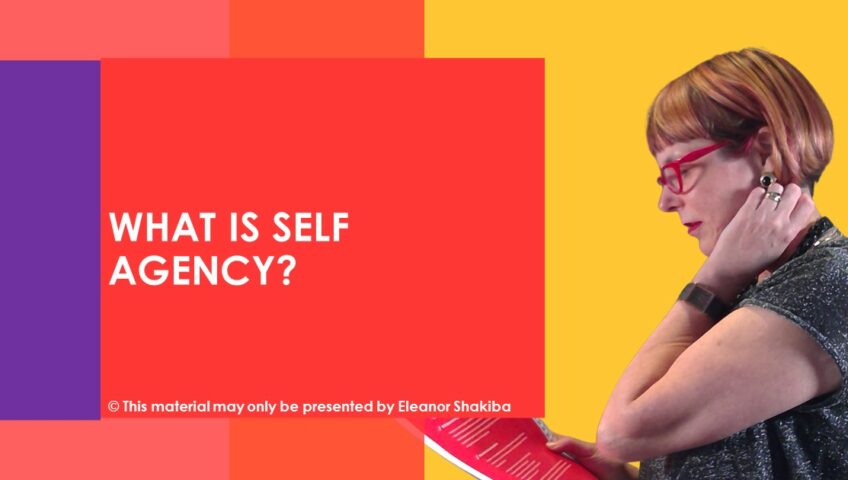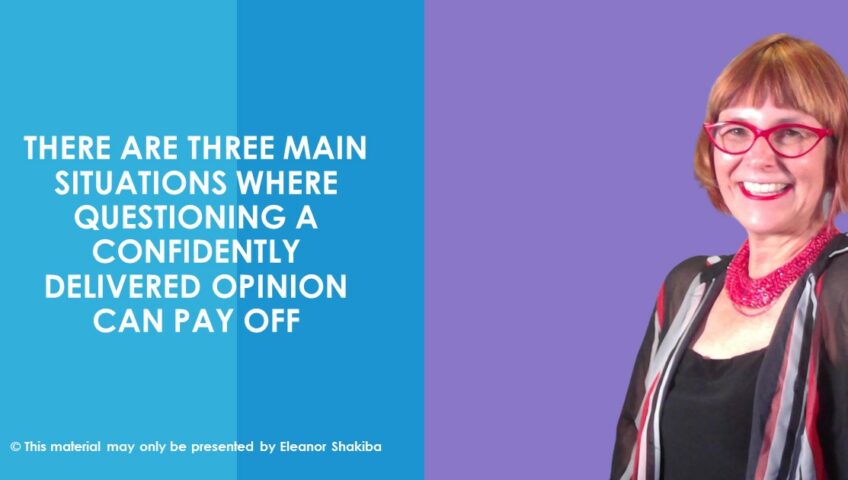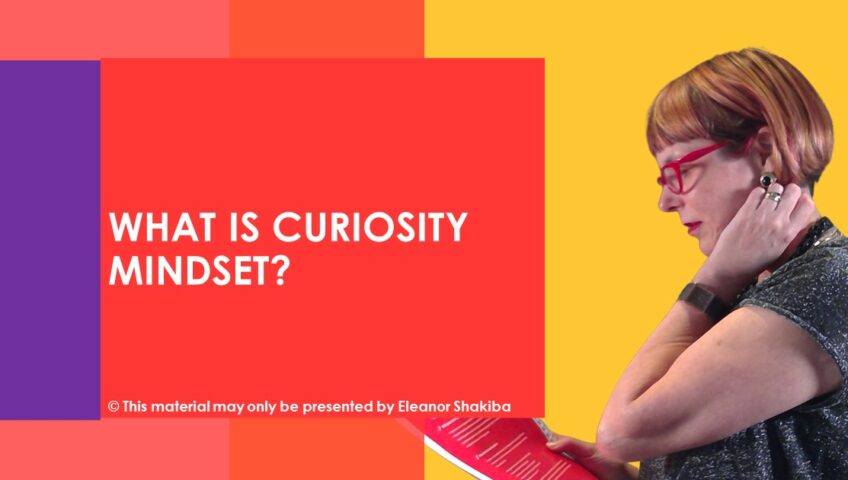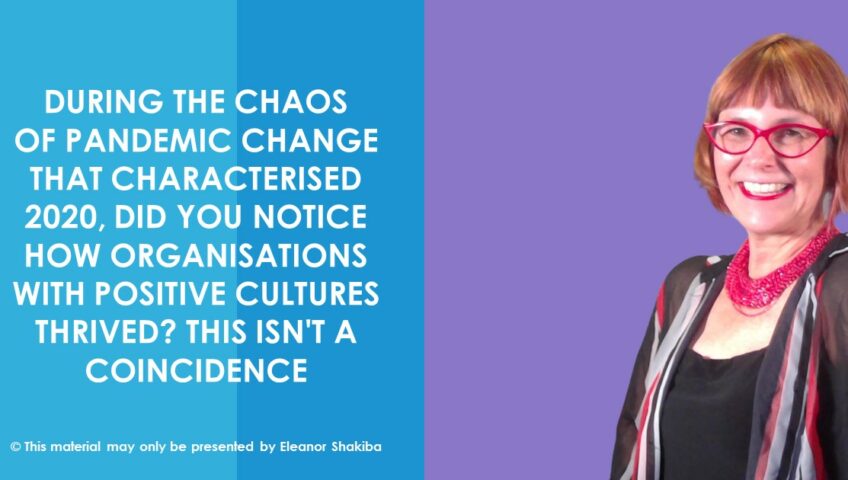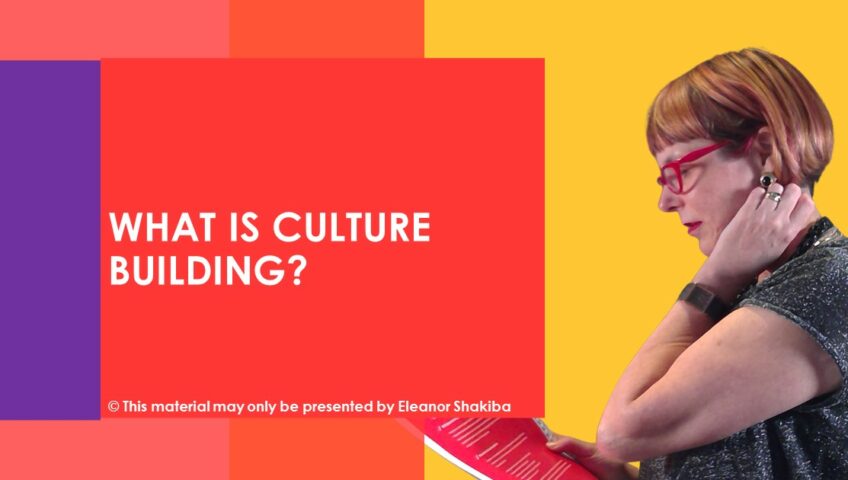Have you ever been told you need to work on your self-esteem? If so, you might want to rethink that advice. It turns out that there is an even more important area to focus on: your sense of ‘personal agency’. Agency is an empowering mental state. It is driven by the belief that you can make a positive difference in the world. Also known as ‘personal agency’, self-agency gives you the power to achieve your goals and overcome obstacles. If you want your people to take initiative, solve problems and get results, fostering their self-agency will fast-track success.
In the early days of behaviourist psychology, psychologists believed that the actions of humans were primarily driven by external stimuli. The work of Professor Albert Bandura helped change this belief. Bandura argued that humans are the agents of their own development. He demonstrated that self-agency is not an inherited trait that only some people are born with. Anyone can gain more control over their actions and thoughts, thereby increasing their sense of personal agency.
Bandura’s original research suggested there are four primary ways to build greater self-agency.
Immersing yourself in mastery experiences
A mastery experience involves achieving a specific goal through applying or growing your own abilities. When you do this, you feel a deep sense of satisfaction. This links to increased belief in your own ability to get positive results from your actions.
Seeing role models succeed
When you see someone like yourself succeed in achieving a goal like yours, you’re inspired to achieve your own success. This is why exposing yourself to positive role models is an important part of developing your self-efficacy and your self-agency. Positive psychology trainers often advocate mentoring and coaching in business, because this helps employees connect with positive role models.
Receiving positive feedback
Bandura called this being exposed to ‘social persuasion’. His argument was that when others believe in your ability to succeed, you will experience stronger levels of self-belief. Base on this argument, positive psychology trainers encourage leaders to boost positivity ratios in their teams. When you let someone know that you are confident in their abilities, they become more confident in their abilities.
Regulating your physiology
The fourth method for developing a greater sense of agency involves taking a closer look at the various states of physiology. Bandura explained that your physical state directly influences your emotional state. For example, when you are in a low mood, you are more likely to negatively judge your abilities. It’s not just positive psychology trainers who say this: exercise improves your mental resilience, not just your physical fitness.
According to Martin Seligman (who draws on Albert Bandura’s research on self-agency and self-efficacy) agency is underpinned by three core thinking patterns. These are of particular interest to leaders and human resource practitioners who want to foster ‘positive deviance’ in their organisations. Significantly, these thinking patterns can be taught, as experienced positive psychology trainers (especially those with an interest in resilience training) will tell you. So, what are they?
The first agency-boosting thinking pattern is self-efficacy. This is your belief in your ability to reap positive results from your actions. If your self-efficacy is high, you will feel powerful enough to act even in challenging times.
The second thinking pattern is optimism. Positive psychology trainers define this as being a generalised belief that things will turn out okay. Thinking optimistically helps you maintain goal- oriented behaviour, because it leads to a belief that your results will ultimately be positive.
Thinking pattern number three is imagination. Also known as creativity, this way of thinking enables you to visualise the future, create new ideas and find solutions to problems. When combined with optimism. It is a powerful force for positive change at individual, team and organisational levels.
Other recent research – particularly into the psychology of hopefulness – has added another two dimensions to the self-agency model. It turns out that individuals with high levels of self-agency combine ‘will power’ with ‘way power’. In other words, they don’t just wish their lives were different. They actively create ways to achieve their desired results. The truth is that everyone has the power to shape their futures. By using positive psychology techniques and attending resilience training, you can build your sense of agency. This, in turn drives, self-confidence. Contact Eleanor Shakiba to begin exploring strategies for promoting a greater sense of self-agency.
About the author: Eleanor Shakiba
Eleanor is a trainer and coach, with a passion for unleashing the power of positive deviance in talented people. She has taught more than 50,000 people how to excel professionally. An expert in the field of Positive Psychology, Eleanor is also qualified in Social Anthropology, Counselling, Coaching, Adult Education and Neuro Linguistic Programming. She specialises in helping HR and L&D practitioners to unleash the power of positive psychology in business. Her major focus in developing three key areas that support positive workplace cultures: positive mindset, proactive communication and purposeful leadership. Eleanor is the author of the Positive Psychology Toolkit for HR and L&D Practitioners. Download your free copy here.

